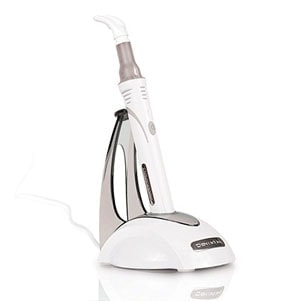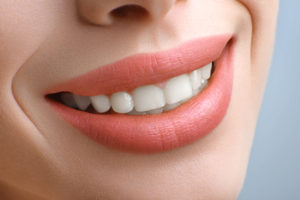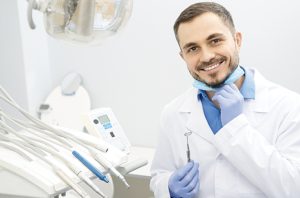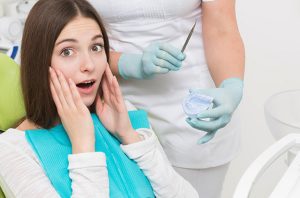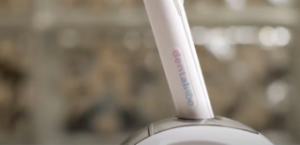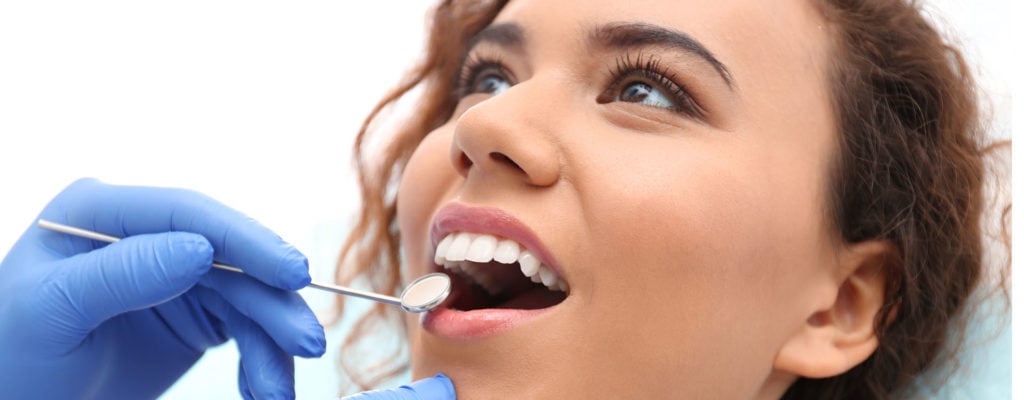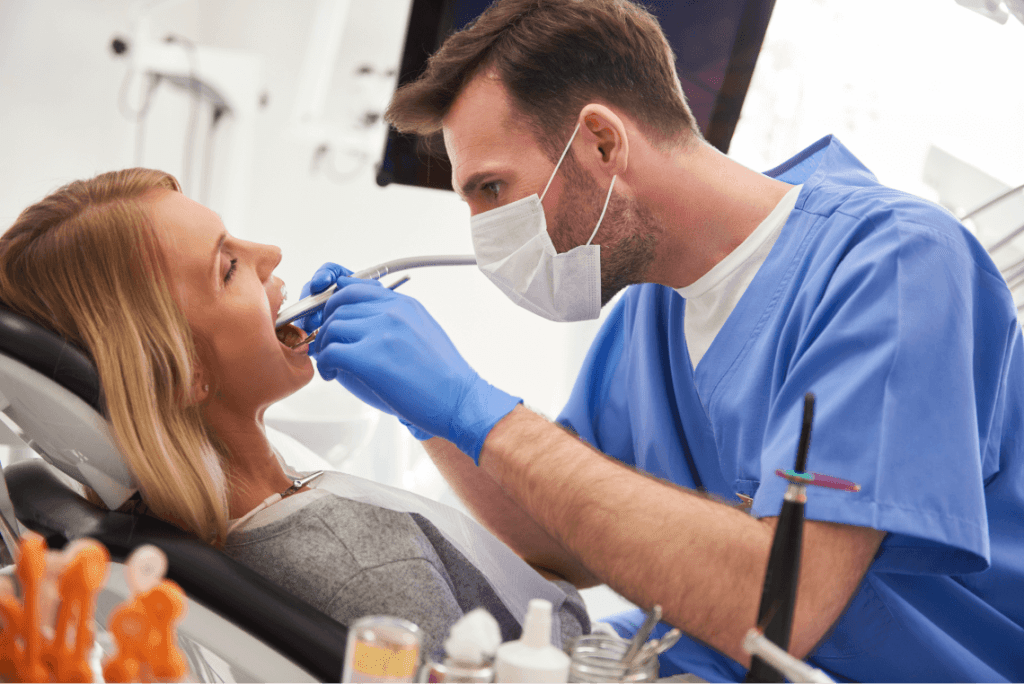Our favorite foods play a pivotal role in our dental health. Eating too many sweet treats can lead to tooth decay as well as gum disease. Many foods that may seem healthy at first glance are actually bad for your teeth. Eating a healthy diet can help maintain the condition of your teeth. Let’s take a look at the ten worst foods for your teeth. Some, like candy, are obvious, but there are likely to be a few surprises on our list as well.
What are the worst foods for your teeth?
Some of these foods seem innocent enough, but dentists recommend limiting or completely avoiding them. Reducing your consumption of sugary treats, acidic foods, and hard foods can reduce tooth decay, help keep your gums in good condition, and reduce the chance of chipping your teeth.
1. Citrus fruits
Citrus fruits such as lemons and grapefruit are acidic and harmful to your teeth. They’re also very nutritious and packed full of beneficial vitamins and minerals, so you don’t have to avoid them completely. Citrus fruit has a naturally high sugar content that can damage the tooth’s enamel if consumed in large amounts. Grapefruit has an exceptionally high pH level and can corrode the tooth’s surface. In the long term, this can lead to plaque build-up and cavities. It’s best to clean your teeth after eating grapefruit or drinking anything containing lemon juice.
2. Bread, crackers, and chips
Refined, bread-based products, including crackers and chips, are bad for your teeth as they contain carbohydrates. When you eat carbs, they are turned into sugars by amylase, an enzyme found in saliva. When choosing bread or crackers, find a variety that’s free of refined carbohydrates. Bread and crackers made with whole grains are best.
3. Alcohol
You’ve likely heard that red wine can cause tooth staining. Alcohol can also damage the teeth’s surface due to the low PH levels and acidity, causing cavities in the long term. When consuming alcohol, make sure you eat something that has a higher pH level. This will help counteract the acidity of the drink. Cheese and wine are a good combination, not just because they taste great together but also because the cheese helps neutralize acidity in your mouth.
4. Soda and carbonated soft drinks
Most people know that soda is sugary and can cause tooth decay. Even the diet sugar-free versions can harm your teeth if regularly consumed. Drinks like lemonade, soda, and sports beverages create a sugar bath for your teeth, which leads to tooth decay. All carbonated drinks also contain acids that can damage the surface enamel of your teeth.
Most dentists recommend limiting soda and carbonated drinks. If you do decide to indulge, drink through a straw as this will avoid exposing your front teeth to the sugary liquid. Also, avoid swishing the drink around in your mouth.
5. Pickles
Pickles are made using vinegar, which is acidic and can damage your teeth’s enamel. Regularly eating pickles and chutneys can contribute to tooth decay. It’s best to avoid anything that’s been soaked in vinegar. If you enjoy pickles, eat them with other foods containing less acid, like cheese or salad. Also, drink plenty of water after finishing your meal.
6. Peanuts and almonds
Nuts such as peanuts and almonds are dense and can damage the tooth’s exterior, causing microcracks. Nuts, especially when cold, can cause tooth splintering and fractures. It’s best to enjoy nuts at room temperature in small amounts and to chew them slowly and carefully.
7. Carrots
Surprisingly, chilled baby carrots are another leading cause of broken teeth. Although carrots make a healthy snack, they can damage teeth. If you have dental problems, eat carrots slowly and at room temperature to limit the change of tooth damage.
8. Ice
Absentmindedly chewing on ice after you’ve finished a cooling drink may seem harmless, but this habit can cause chipped or damaged teeth. It’s best if you never attempt to chew anything harder than food. Ice often creates microcracks in the tooth that aren’t even visible to the naked eye, which can turn into larger cracks in the future.
9. Sour candies
Candies contain sugar and are bad for your dental health, but did you know that sour candies are much worse? The sour varieties contain acids that are tough on your teeth. Chewy sour candies are the worst as they will get stuck in your teeth for longer and cause plaque to form, which will eventually lead to decay.
10. Dried fruits
Many people assume that dried fruits are healthy. Fruits such as apricots, figs, and raisins are very sticky. They can cling to your teeth and leave behind sugar, which creates plaque. It’s a good idea to rinse your mouth with water after eating dried fruits. Alternatively, choose to eat fresh fruit rather than dried.
Are hard foods bad for teeth?
As mentioned above, hard foods can cause micro cracks in your teeth, which will cause more severe problems in the future. It’s best to avoid very hard foods such as cold carrots or nuts, especially if your teeth are brittle or you’ve had problems in the past with teeth shattering. It’s never a good idea to chew ice. If you’re in the habit of eating ice after finishing your cool drink, try kicking the habit by ordering your drink without ice, or use crushed ice instead of larger ice cubes.
Are bananas bad for your teeth?
Bananas contain high levels of sugar and starch. Natural sugars in the fruit give bananas their delicious sweet flavor, and the riper the banana is, the sweeter it will be. Bananas are a healthy option but may not be the best choice for your teeth. The starch dissolves slowly and can stick to crevices in the teeth, attracting bacteria and causing plaque to form. It’s best to brush your teeth, or at the very least drink some water, after eating a banana to get rid of the starch and sugar.
Is peanut butter bad for teeth?
Peanut butter is very nutritional but is high in sugar. As it’s a sticky substance, it can stick in between teeth and get into cavities. This promotes plaque-causing bacteria. It’s best to read the ingredients before purchasing peanut butter. Choose a brand that’s free of added sugars and syrups. It’s a good idea to clean your teeth after eating peanut butter as this will help keep your mouth fresh and reduce the plaque on your teeth.
As well as avoiding overly sugary foods, you can reduce the amount of acidic foods you eat, such as citrus fruits and alcohol. If you’ve consumed acidic food, it’s best to wait half an hour and then clean your teeth. If you brush your teeth straight away, you’ll risk scrubbing the acid into your tooth enamel, which will cause damage.
Find a DentalVibe dentist
Looking for a dentist who offers pain-free dentistry? Our directory of certified pain-free dentists is filled with providers who are committed to providing as close to pain-free dentistry as possible! Find a DentalVibe dentist and make dental anxiety a thing of the past!

